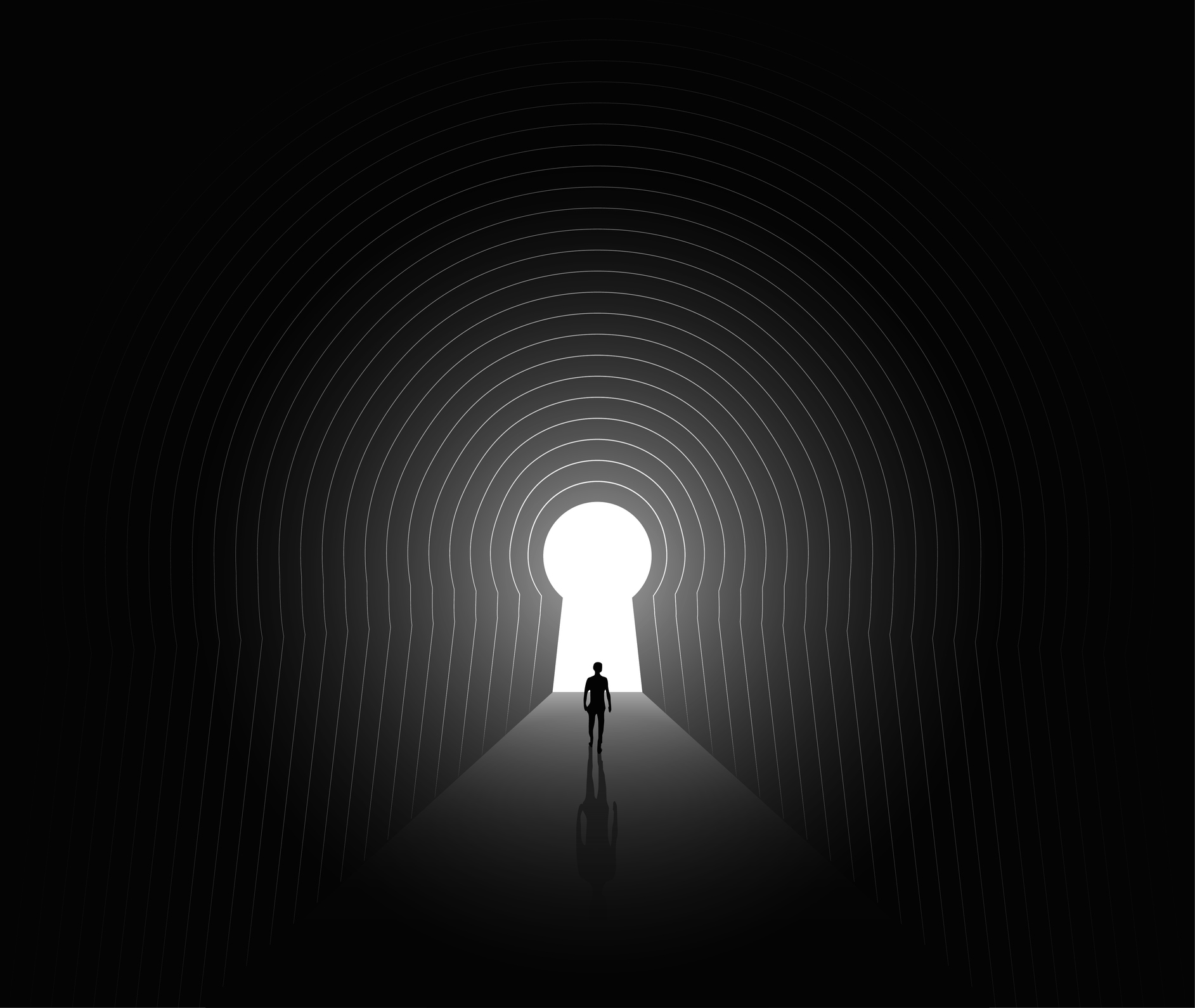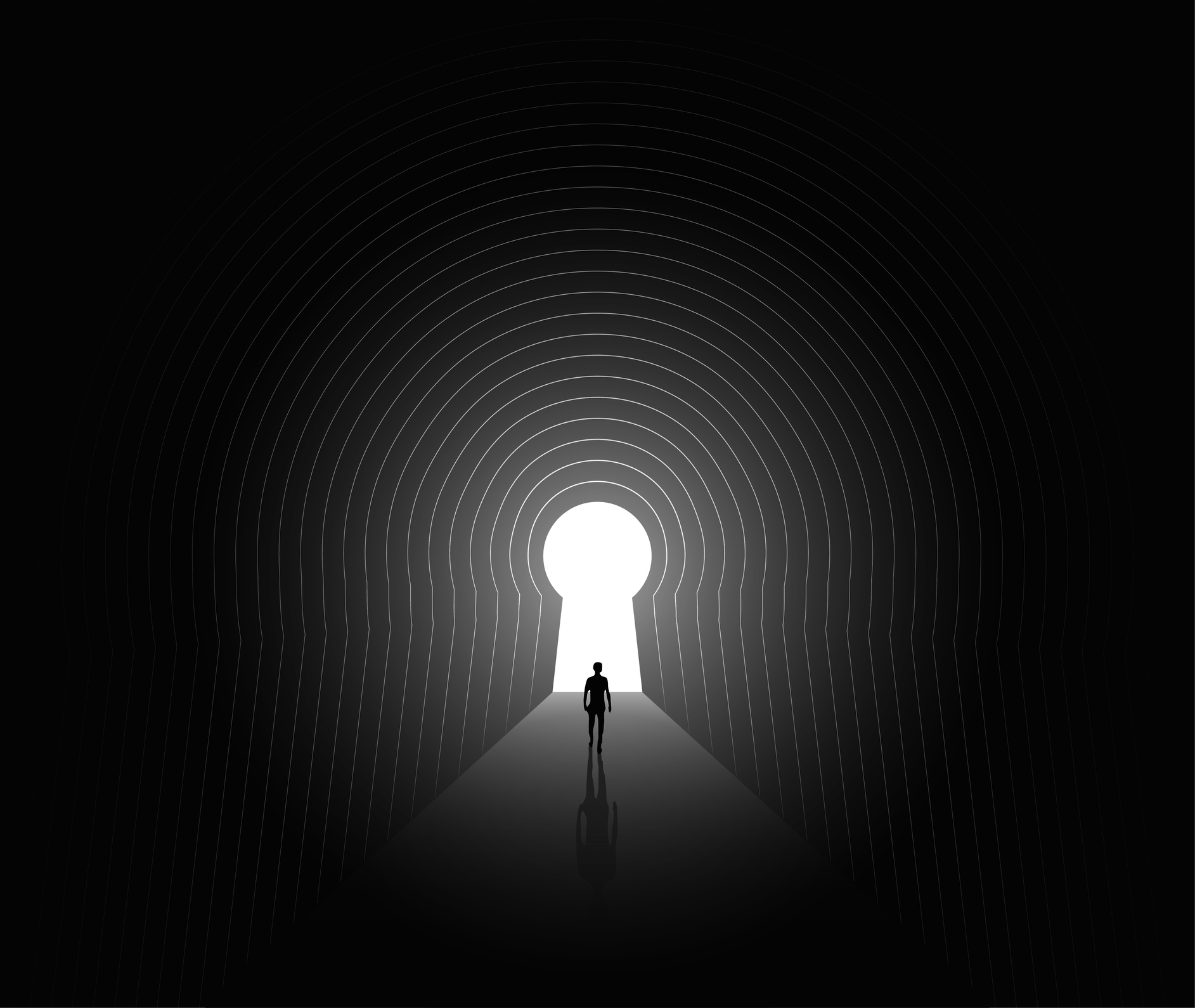
Consequences of Extreme Isolation , Humans have evolved to survive and thrive as social creatures. Meaning, dynamic cooperation, and connection with others are fundamental to our existence as a species.
Yet, or perhaps because of it, some people are pushing to push the limits of human isolation. They voluntarily subject themselves to extreme environments and conditions to test what the human body and mind can withstand.
Living in social isolation / Consequences of Extreme Isolation
Over the past century, scientists have watched people voluntarily isolate themselves in caves, outer space, and even under the ocean for months at a time. In extreme scenarios, scientists have even tested the limits on themselves.
Although some of the late experiments would likely be deemed unethical (or denied funding) in today’s world, athletes and individual researchers continue to advance this daunting field in extraordinary ways.
100 days under the ocean
Since March 1 of this year, an associate professor at the University of South Florida has been teaching all of his classes online — while living alone 20 feet under the ocean in Key Largo, Florida.
Surpassing 73 days in limited solitary confinement earlier this month, Joseph Dituri, aka “Dr. deep sea,” set a new world record for the longest time someone has continuously lived underwater in a fixed environment.
He plans to stay until June 9 to complete a 100-day stay inside Jules’ underwater cabin. (The former underwater research lab is now a 100-square-foot recreation destination and overnight room rental accessible only by diving.)
As a researcher in hyperbaric medicine, Dituri documented this scientific expedition with a support team under the name Project Neptune 100.
Atmospheric pressure and health
One central goal of the research is to assess the effects of long-term life in extreme atmospheric pressure and isolation, which can be applied to both space missions and water research.
So far, research in this area is quite limited. Beyond the risks of decompression sicknessliving under the sea changes the partial pressure of oxygen in the human body.
Technically saturation divers, who work on pipelines or other commercial infrastructure at depths of up to 1,000 feet, often spend weeks in pressurized chambers to acclimate to the extreme environment. And even with the correct protocol, headaches, fatigue and other ailments happen routinely.
Read more: Join the scientist’s underwater adventure
Risks and possible benefits of underwater life
Living underwater, even in a cabin or pod, can often cause superficial skin infections or rashes that become dangerous if left untreated.
Factors such as lack of sunlight, high humidity, and limited environmental sanitation present challenges to long-term living. In Dituri’s case, doctors conducted a series of physical tests before he left for the lodge, visited him inside his pod during his stay, and will conduct more tests after his return to compare results.
So far Dituri has reported to The Washington Post that he experienced more REM and deep sleep while resting, and his cholesterol and stress levels dropped while living deep.
As a military veteran with a Ph.D. in biomedical engineering, Dituro is particularly interested in the potential benefits of pressurized environments for the treatment of traumatic brain injury, an emerging area of research with mixed findings and some controversy.
Life underground in caves
On land, caves have a longer and more stable history of extreme trials of human isolation.
Back in 1938, University of Chicago physiology researcher Nathaniel Kleitman and his assistant spent 32 days isolated in Mammoth Cave in Kentucky. Their research on internal circadian rhythms and temperature cycles in the human body was later published as a book, Sleep and wakefulness.
In a more extreme feat, French scientist Michel Sifre spent two months in 1962 in cave isolation, without a clock, natural light or calendar.
He went on to conduct a series of similar experiments on other human subjects before devoting himself to a six-month stay in a cave in 1972. “I decided to live like an animal, without a watch, in the dark, without knowing the time,” he said Cabinet magazine in a 2008 interview.
Siffre’s research and fascination with the internal biological clock laid much of the groundwork for the field of human chronobiology.
The Italian sociologist Maurizio Montalbini also made a major contribution in this fieldreportedly expenses a cumulative two years and 18 months of solitary confinement in caves throughout his life.
What does isolation do to a person?
In recent decades, hundreds of people have been isolated in various caves or laboratory simulations (both short-term and long-term) in the name of scientific evaluation.
This includes Spanish climber and cave dweller Beatrice Flamini, who only last month emerged from the record 500 days of isolation in a cave.
Like many test subjects before her, Flamini expressed disbelief that her due date had already arrived when the researchers came to release her from her stay. She said it felt like time had barely passed as she was immersed in the dark, consistent environment.
In some of Siffre’s experiments, he reports that test subjects naturally shift to a 48-hour sleep-wake cycle, instead of the solar-based 24-hour period that governs most of our lives today. They would be active for 30-some hours, then sleep for 12 or more hours.
In one case, Sifre said, his team recorded a man sleeping more than 33 hours straight. Listening with a microphone, the researchers worried that the subject might have died in isolation – then they finally heard him snoring.
Read more about Consequences of Extreme Isolation: Why cave dwellers enjoy isolation
Effects of Isolation in Caves
The combination of research on cave isolation has illuminated a number of unique physiological responses in humans.
They include increased heart rate, vitamin D deficiency, muscle damage and inflammatory reactions, and irregular menstrual cycles.
One experiment involving a 27-year-old woman stay 131 days in the Carlsbad CavernsNew Mexico, also showed a significant drop in red and white blood cell counts upon entering isolation and then a rapid recovery of those counts.
With all the findings, however, the gold standard of replicable results is difficult to achieve, according to a comprehensive review of the research.
This leaves many unanswered questions about the universal effects of long-term isolation on the human body and mind.
Is space lonely or peaceful?
The varied results also suggest that a wide range of personal variables can shape the experience based on the individual involved. And even better, it’s hard to really understand these experiences from an outside lens.
An anecdotal example of this played out in 1969 when the world watched as NASA astronaut Michael Collins orbited the far side of the moon on the Apollo 11 mission – all alone while his two crewmates descended on the lunar surface.
“Since Adam no man has known such solitude,” is how NASA describes Collins’ unprecedented journey into isolation.
Upon his return, Collins described the trip as anything but isolating. “I wasn’t alone. I had a happy little home in the command module,” Collins insisted on a panel in 2019 interview, rejecting a narrative promoted in many news headlines at the time. “Behind the moon it was very peaceful.”
As space missions now aim far beyond the Moon — with humans likely to travel much greater distances in confined spaces — continued research into isolation may have major implications for the well-being of future astronauts.
Read more: Consequences of Extreme Isolation and The human body can survive a mission to Mars better than our minds

